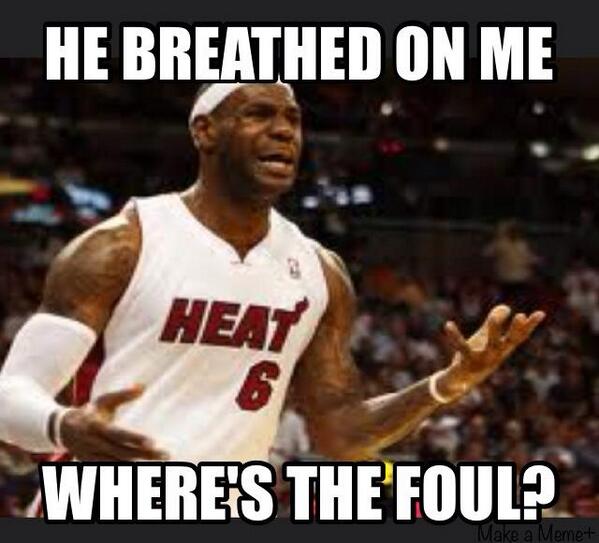And part two is here.
Have you ever looked at old clips of John Stockton and Karl Malone and just marveled at the simplicity and perfection of the way they run the pick and roll? I know I have. It's seriously one of the toughest plays to defend, but also one of the easiest to run on offense.
Picture from bonanza.com. John Stockton averaged 10.5 assists per game over his 19-year career.
From 1983 up until 1995, the leaders in assists averaged over 12 assists per game. John Stockton led eight of those seasons (all in a row). He averaged 10.5 assists throughout his career. Of those eight years, Stockton's high in points was 1,413 in 1990-1991.
Earvin "Magic" Johnson led the league in three of the other four years during the aforementioned span. He averaged a whopping 11.2 assists through his entire career. His high in points was 1,909 in 1986-1987.
This season, only James Harden (11.2 this season, 5.7 overall), John Wall (10.7 this season, 9.2 overall) and Russell Westbrook (10.4 this season, 7.9 overall) averaged over 10 assists per game. Two of those three players also scored over 2,000 points throughout the season. Westbrook scored 2,558, Harden scored 2,356 and Wall scored 1,805 points.
With the exception of John Wall, these assist stats are underwhelming. Harden led the league this year with the same average that "Magic" had over his entire 13-year career. Westbrook averaged less than Stockton did over his 19-year career.
Picture from thebiglead.com. Russell Westbrook averaged a triple-double this year.
As impressive as getting a 10+ average over a season is, it's nothing when you see Harden averages 5.7 assists through his seven years. Harden has also scored over 2,000 points in four of the past five years. Westbrook is doing a bit better with a 7.9 average, but still not impressive enough.
John Stockton owns the all-time career assists with 15,806 assists. The closest active player is Chris Paul who is averaging 9.9 assists in his 11-year career and a total of 8,251. At essentially 10 assists per game, Paul would have to play over nine more seasons without missing a game to even come close to matching Stockton's record.
What I am trying to get at, is that the game has turned into a team sport into a ball-hog sport. Westbrook may have averaged over 10 assists per game, but he took 2,524 shots this season. He scored an average of 1.01 points per shot. That's awful. Harden took 2,289 shots, which is 1.03 points per shot. Better, but not much better than Westbrook. Even Kobe Bryant, who is known for taking millions of shots, averaged 1.05 points per shot while scoring 2,832 points in the 2005-2006 season and averaged 1.06 points per shot.
The game of basketball has been, and always will be, a team sport. If I was a coach, one of my team goals wouldn't be to score 110 points a game, it wouldn't even necessarily to be to out-rebound the opposing team. My goal would be to average 27 assists as a team per game. If a team could average that many assists, I guarantee they win most of their games.
The team that has won the most games in a single season, the 2015-2016 Golden State Warriors averaged 28.9 assists per game. They lost in the finals averaging 22.5 assists per game.
Picture from earhustle411.com.
Next up is the physicality of the NBA.









